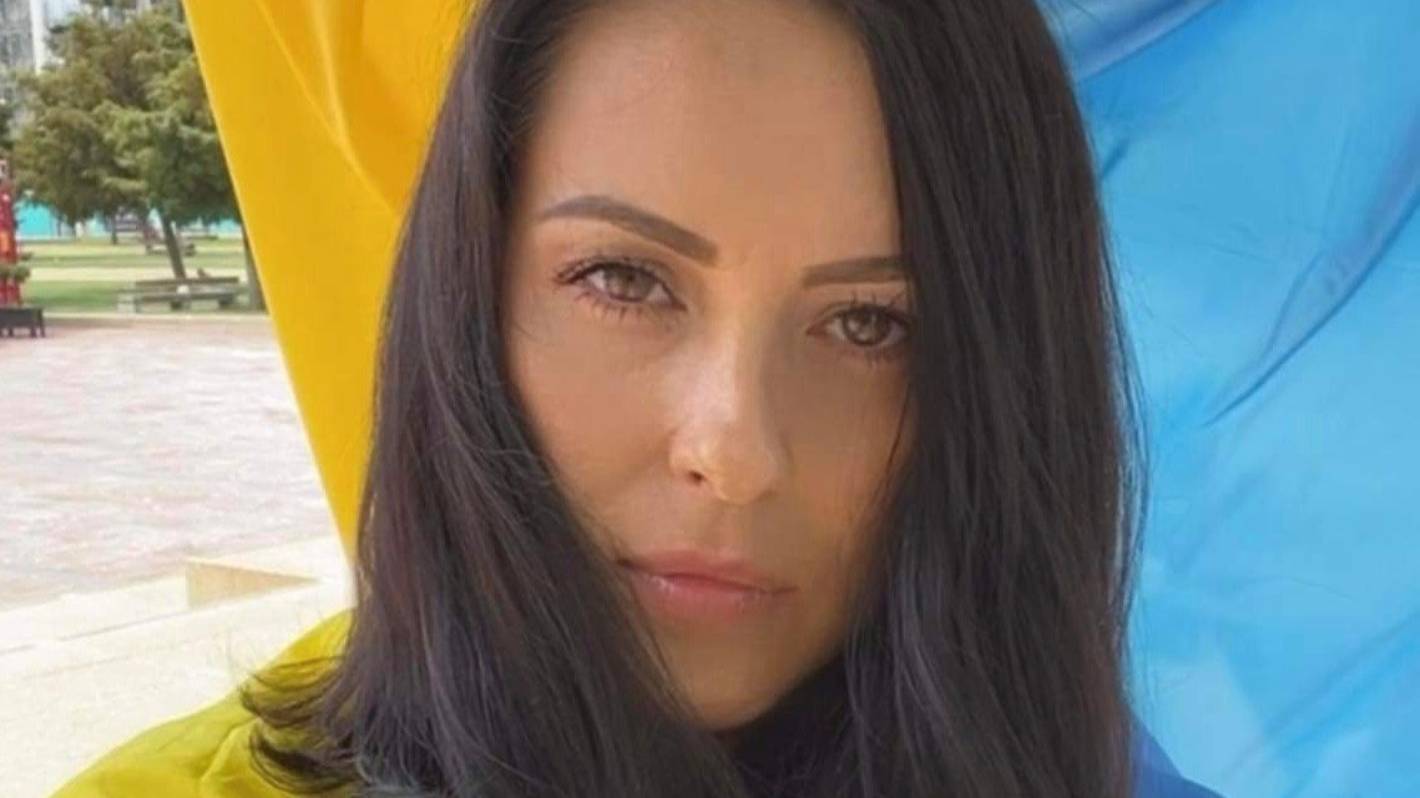Only 227 Ukrainians have arrived in New Zealand almost four months after the Government announced a visa that promised to offer up to 4000 refugees shelter.
The 2022 Special Ukraine Visa, announced on March 15, allows Ukrainian-born New Zealand citizens and residents the chance to sponsor their immediate family members to bring them to safety.
The Government has said the visa is “the largest special visa category established in decades” – but only 5.6% of the spaces have been filled.
The advocacy group Mahi for Ukraine has been working closely with Immigration New Zealand since the Russian invasion of Ukraine began.
READ MORE:
* Ukrainian Kiwis ‘grateful’ for Government’s $4.5m support, but remain concerned
* Ukrainian Kiwi pleads special visa case for relatives ‘left there to die’
* Nearly 600 Ukrainians apply for NZ visas after Russian invasion
In a survey conducted with World Vision, Mahi for Ukraine identified a number of barriers that were stopping Ukrainians from accessing the Special Visa.
SUPPLIED
Kate Turska brought her parents to New Zealand on the Special Visa, but says it would be financially out of reach of many.
It cited the financial burden it imposed on sponsors as the most common reason Ukrainian Kiwis weren’t able to bring their family here.
Sponsors are expected to be financially responsible for family members for two years, including covering their housing, food and healthcare costs.
Auckland resident Kate Turska brought her parents to New Zealand on the visa.
She said financing their journey had a “huge impact” on her life savings.
“I’m in the privileged position where I could afford this, but with the cost of living rising in New Zealand, most people just aren’t able to add a few additional mouths to their budget,” she said.
Supplied
Tatyana Zagrebelko is pictured with her parents Yurii and Elena Zagrebelko at her wedding to Kiwi Peter Craven. Her parents have had their Special Visa applications approved.
Also cited in the survey were concerns around the visa’s eligibility criteria.
Tatyana Zagrebelko moved to New Zealand five years ago but is originally from Kharkiv, Ukraine.
Although her parents had their visa applications accepted, her cousin and her cousin’s son were told by Immigration New Zealand they “would not be invited to apply for the visa” because they are not immediate family members.
“My cousin is the only child in her family and I am the only one in mine,” the Northland resident said.
“We were raised as sisters, but because she’s not legally my sister she’s being left there to die.”
Supplied
Tatyana Zagrebelko’s cousin Olena Sychova and her son Misha Sychova, 14, have had their visa applications denied as they are not members of Zagrebelko’s immediate family.
Other problems with the visa included the lack of resettlement help available to Ukrainians, as would usually be provided to refugees arriving in Aotearoa.
Mahi for Ukraine has sent the report to Immigration New Zealand but didn’t receive a response.
Turska, acting as a spokesperson for Mahi for Ukraine, said the group was hopeful new Immigration Minister Michael Wood would address its concerns.
“We had been meeting with Immigration New Zealand every two weeks but we cancelled our most recent meeting because we still haven’t had feedback on our previous questions and recommendations.
ROBERT KITCHIN/Stuff
Mahi For Ukraine has been waiting for a meeting with new Immigration Minister Michael Wood. (File photo)
“We are eagerly awaiting a response from the new minister of immigration on these but so far we have indication as to when that might be.”
Wood pledged to review the Special Visa in June, but said this week he had yet to receive any advice on whether the visa was “operating effectively”.
Lane Neave Immigration partner Mark Williams has been working pro bono with Mahi for Ukraine.
“The real question is whether the Government is willing to depart from – and/or expand – the Special Visa policy, and with that, whether they will be prepared to produce their decision rationale to allow for transparency in the decision-making process,” Williams said.
Earlier this week, Russian forces captured the Ukrainian city of Lysychansk, the last stronghold in a province that is key to a major goal of its invasion.




